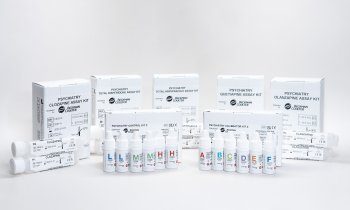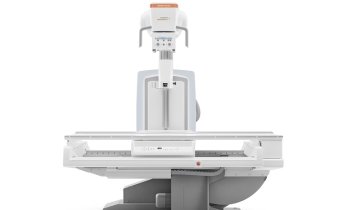Nosocomial infections
NHS survey finds wide variations in control standards
Report: Mark Nicholls

UK – The NHS is still suffering from wide variations in infection control standards, according to a survey of health staff in the UK.
The study carried out by the watchdog body the Healthcare Commission, after questioning more than 155,000 NHS staff, indicated that there had been improvements in infection control in several areas.
This was reflected in 82% of staff saying their trust did enough to promote the importance of hand-washing to staff, up from 70% in 2005.
There was also an improvement in the number of staff trained in infection control, up from 68% in 2005 to 71% in 2007.
However, the Healthcare Commission said work still needed to be done in hospitals in parts of the UK to ensure that hand-washing equipment was always available to staff when they needed it. In 2005, 60% of staff said hand-washing equipment was available but in the latest survey, this had only risen to 61% with wide variations between hospital trusts.
Healthcare Commission chief executive Anna Walker said: ‘At a time when public concern about healthcare associated infections is so high, I’m pleased to see some improvements in this area. But trusts must make sure that frontline staff always has the necessary equipment to wash their hands. There are trusts that have shown that it is possible to do this well, with as many as 82% of staff saying they always had equipment available. But this fell to as few as 39% at other trusts. Every trust should be aiming to make this 100%.’
In Britain, Prime Minister Gordon Brown ordered a ‘deep clean’ of every hospital ward last year as a pre-emptive move to halt the spread of nosocomial infections such as MRSA.
Various practices have been introduced in UK hospitals to this end – one, in Plymouth, for example, which had the highest number of MRSA deaths in England with 94 between 2002 and 2006, now has all serious cases of MRSA and clostridium difficile infections reviewed by senior managers.
Another NHS Trust reports it has eliminated MRSA bloodstream infections by stopping the routine practice of administering intravenous injections. (See page 23 for a roundup of UK approaches to control nosocomial infections.)
However, although the NHS had experienced a continuous drop in MRSA outbreaks since April 2006, the most recent figures show a slight rise in cases. The Health Protection Agency said cases between October and December 2007 stood at 1,087, up 0.6%, meaning that British government targets on reducing cases may not be met.
The Healthcare Commission will continue to monitor performance of hospital trusts against the Hygiene Code in the UK.
Other findings from the Healthcare Commission survey of NHS staff, which covered 391 NHS trusts, found that staff were generally satisfied in their jobs, that 94% took part in some form of training but that more action is needed to address violence and abuse, which research suggests is relatively high in the health sector compared to other working environments.
Ms Walker said: ‘The results show there are a lot of reasons to work in the NHS. But there are challenges to making the NHS a better place to work.’
* In Scotland, a year-long pilot screening programme for MRSA in hospitals was announced by the country’s Health Secretary Nicola Sturgeon. Almost one million people will be given nasal swabs to test for the presence of MRSA. If detected, they will receive treatment to clear the infection.
01.07.2008










